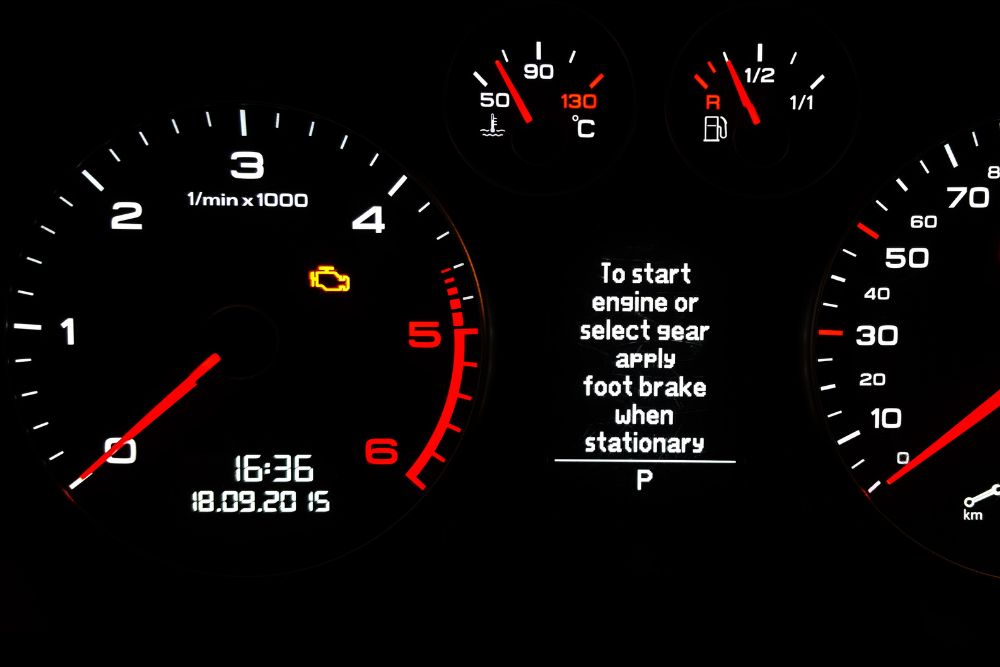Anti-lock Braking Systems (ABS) are critical safety features in modern vehicles. They are designed to prevent wheel lock-up during braking and maintain steering control in emergencies. We’ll delve into ABS’s functionality, benefits, and why it’s essential for enhancing vehicle safety.
How ABS Works
ABS utilizes sensors to monitor each wheel’s rotational speed. When a wheel is on the verge of locking up, indicating that the vehicle is approaching the threshold of skidding, the ABS intervenes by modulating brake pressure to that wheel. This prevents it from locking up while allowing the driver to maintain steering control.
Benefits Of ABS
Improved Control: ABS enables drivers to maintain steering control during emergency braking maneuvers. By preventing wheel lock-up, ABS helps drivers avoid obstacles or hazards while slowing down or stopping the vehicle.
Shortened Stopping Distances: Unlike popular belief, ABS can reduce stopping distances on slippery surfaces. By allowing the driver to brake aggressively without fear of skidding, ABS maximizes braking efficiency and minimizes stopping distances, particularly in adverse road conditions.
Reduced Risk of Accidents: ABS significantly reduces the risk of accidents by preventing skidding and losing control during emergency braking situations. This is especially crucial when sudden stops are required to avoid collisions with other vehicles, pedestrians, or obstacles.
Understanding ABS Activation
ABS activation is typically indicated by a pulsating sensation felt through the brake pedal, which may be accompanied by a clicking or buzzing noise. This is normal and indicates that the ABS is actively modulating brake pressure to prevent wheel lock-up. Drivers should continue to apply firm, steady pressure to the brake pedal while steering to navigate the emergency safely.
Maintenance And Care
While ABS systems are designed to be robust and reliable, they still require regular maintenance to ensure proper functionality. Routine brake inspections, including ABS checks, should be performed as part of your vehicle’s regular maintenance schedule. Any issues with ABS functionality should be promptly addressed by a qualified technician to maintain optimal road safety.
Anti-lock Braking Systems (ABS) are crucial safety features that enhance vehicle control and stability during emergency braking maneuvers. By preventing wheel lock-up and maintaining steering control, ABS helps drivers avoid accidents and safely navigate hazardous road conditions. Regular maintenance and care ensure the proper functionality of ABS systems, contributing to safer roads and fewer accidents.




